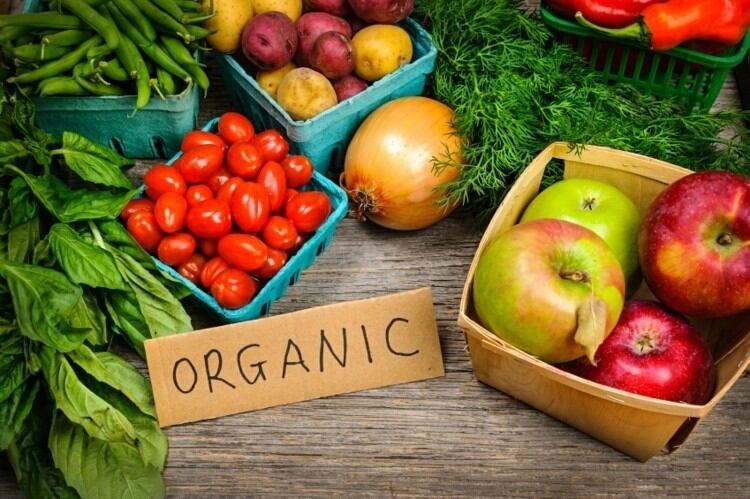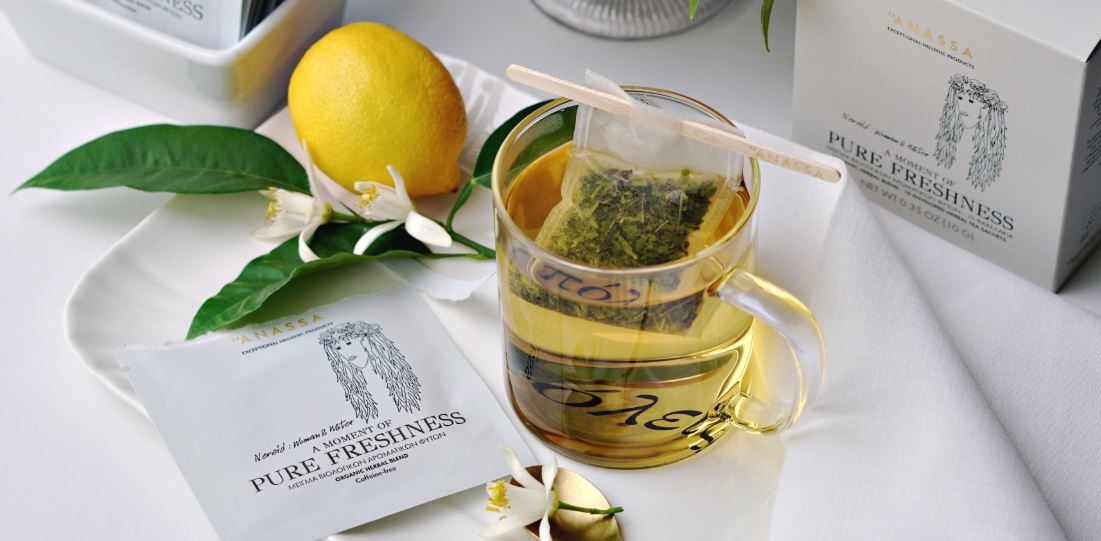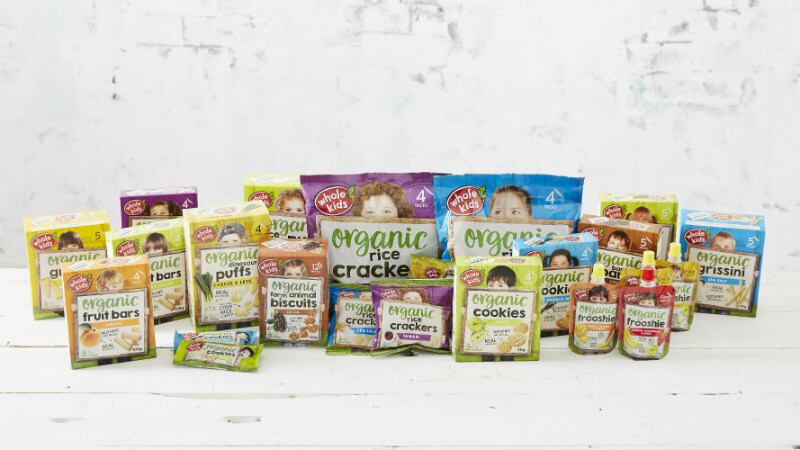China’s organic market is one of the largest in the world – as of 2018, the Research Institute of Organic Agriculture listed it as the fourth largest in the world at EUR8.1bn (US$9.6bn), behind only the United States (EUR 40.6bn / US$48bn), Germany (EUR 10.9bn / US$12.9bn) and France (EUR9.1bn / US$10.7bn).
According to the China Organic Products Certification and Organic Industry Development Report 2020, the local organic food market was valued at CNY68bn (US$10.3bn) as of 2019, a CNY4.7bn (US$710.7mn) increase from 2018. Of this, processed food products took the largest share at CNY63.4bn (US$9.6bn).
This makes it a prime target for entry for organic food and beverage manufacturers outside of China but entering any organic-certified product is complicated, and made even more so that local consumers maintain a healthy scepticism of organic certifications because these can be illegally purchased for as low as CNY6,000 (US$848.82) in certain provinces.
“[One of the] major challenges for both local and foreign brands [is a] lack of trust in organic certification authenticity – consumers are not sure if they have paid a premium for genuine organic product,” said China-focused organic platform OrgHive Founder and Co-CEO Anastasios Papadopoulos.
China has taken significant steps to try and increase the level of consumer trust in the organic industry – for example, the China Certification and Accreditation Administration (CNCA) mandates that all organic products, down to each individual SKU, must have a unique 17-digit organic code. This has made traceability technology a crucial part of the Chinese organic sector.
“[To trace these codes, normally] consumers would have to input the entire 17-digit code on the CNCA’s website for verification of each one individually, then perform several more steps to track down the [product] origin, which is a very time-consuming and tedious process,” said Papadopoulos.
“[It’s why we are pushing for the use of technology such as blockchain-powered scanners which allows users to scan and then immediately retrieve all the information of the product from origin to producer to retail.”
The CNCA issued over 2.1 billion 17-digit organic product codes in 2019 – an over five-fold growth since the system was first established in 2012 and just 430 million codes were issued.
Key organic trends in China
China Chain Store & Franchise Association (CCFA) research has revealed that organic awareness amongst consumers in first-tier, second-tier and economically-developed coastal cities is at 89% when it comes to labelling and 83% when it comes to understanding the concept of sustainable food production.
“The concept of green (sustainable) food consumption is becoming more and more popular amongst Chinese consumers, and there has been a significant rise in awareness in recent years too,” CCFA Vice President Chu Dong said at a public event.
Papadopoulos believes that this is mainly being driven by a rising health and wellness awareness trend amongst Chinese consumers.
“[We have identified] an emerging trend of organic consumers looking for healthy [products] and viewing these as luxurious [purchases] after monitoring and analysing 50,000 social conversations using AI-powered intelligence tools – [so health is a big driver here],” he said.
The other big driver for the local organic market is an increasing demand for organic baby food, particularly as more young mothers enter the workforce and both income and awareness of organic benefits rise – Papadopoulos named major baby food names such as Earth’s Best and Topfer amongst those who had sought out technological and traceability solutions to better break into the Chinese market.
Foreign entry
Data from the CNCA also shows that despite the size of China’s organic market, the successful entry of foreign brands has been very limited.
“As of 2019, there are 220 foreign companies that have been certified as organic, compared to 13,953 local firms,” said the agency.
“There are also 410 imported food products that have been issued organic certifications, compared to 21,336 local food items. Top importing countries include Netherlands, Ireland and the United States.”
Papadopoulos believes that this is partly due to the costly, time-consuming process of organic certification in China.
“[Proper] organic certification in China is a [process] which incurs significant investment, ranging from costs of setting up a Chinese corporation, to time and labour costs of certification and related expenses for sending local inspectors to overseas production sites for inspections,” he said.
“[This is the reason] not all foreign brands opt to certify their products before entering China [but opt to] strengthen brand awareness in China before taking the next step for certification.”
To this end, he added that blockchain traceability technology, coupled with AI algorithms and integrated into WeChat, has been found to be especially helpful for foreign organic brands looking to penetrate the Chinese market, such as Earth’s Best and Topfer.
“[AI is also important here] as Chinese consumers expect personalised online experiences [and this technology is crucial to] understanding individual and segment behaviour [so as to craft and offer consumers] value-adding experiences,” he said.





